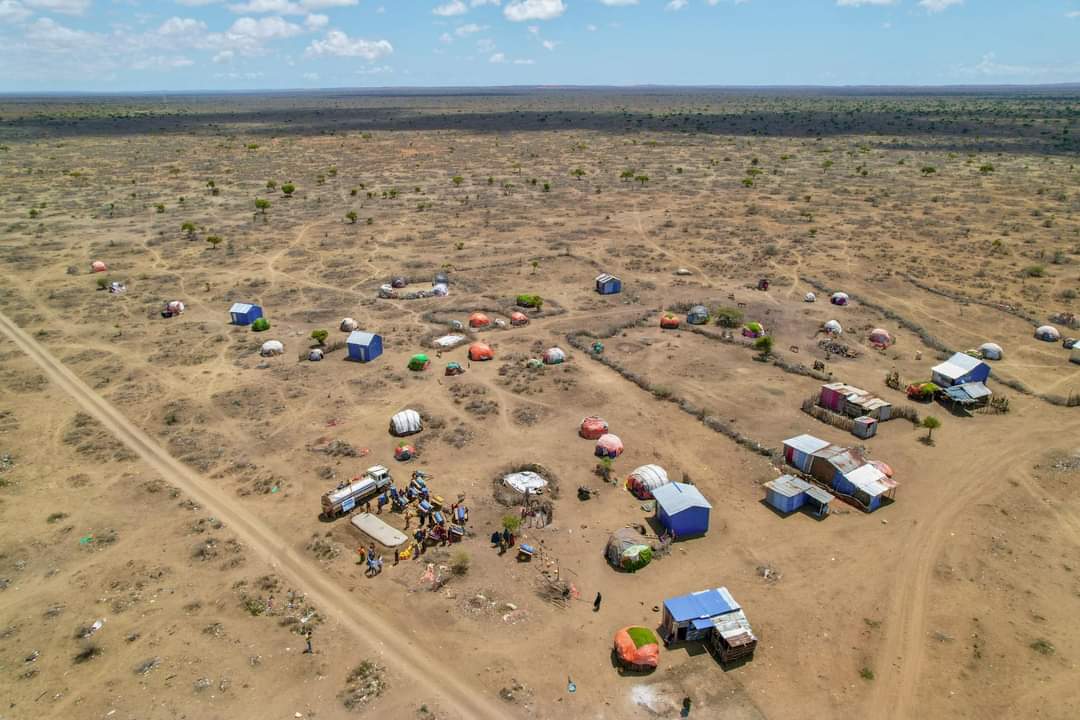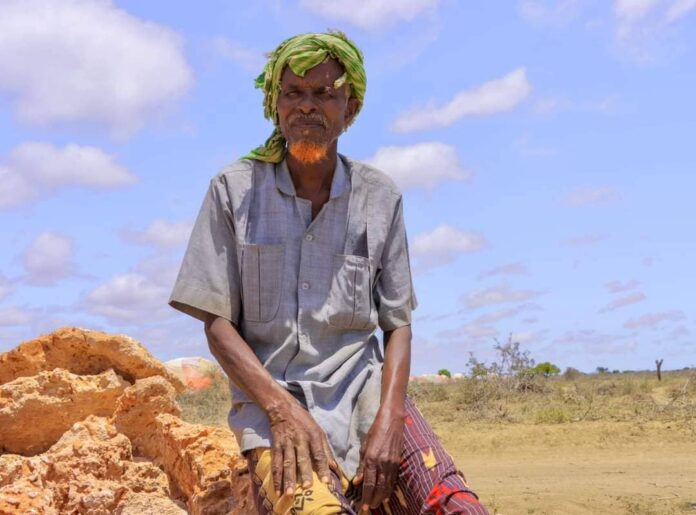As COP29 approaches next week in Baku, Azerbaijan, the world confronts the escalating climate crisis and its devastating toll on vulnerable communities in the Global South.
Amnesty International is urging wealthier nations to make substantial financial commitments at the conference, as climate change continues to displace millions across Africa.
The team of journalists from the Somali Journalists Syndicate has witnessed firsthand the severe impacts of climate change in rural southern Somalia.
Our team has been on the ground, documenting the hardships faced by affected communities, especially women, children, and displaced individuals.
In Lower Jubba, villages like Abaq Bambala, Galool Yaryar, Gaasho, Hadafow, and Hamareste have become temporary refuges for thousands fleeing recent floods, exacerbated by ongoing conflict and humanitarian crises.

The scene is heart-wrenching: malnourished children, elderly people suffering from thirst, and desperate mothers unable to feed their infants.
Farmers and herders have lost their livelihoods, with crops and livestock devastated by floods. Many of these communities remain cut off from aid due to the presence of Al-Shabaab, further restricting humanitarian access.
Daily life is a struggle for essentials like safe drinking water and sufficient food. Women are especially vulnerable, with limited access to healthcare, particularly in emergencies.
Many are now seeking refuge in Kenyan camps like Dadaab, hoping for the aid they cannot find at home.

While immediate emergency assistance is essential, long-term solutions are needed to help these climate-affected communities rebuild. These are people who were once self-sufficient, able to provide for their families.
As journalists, we urge global leaders and aid organizations to act swiftly and decisively. The climate crisis is a humanitarian crisis, and it requires urgent action.

- Abdalle Mumin is the Secretary General of the Somali Journalists Syndicate.


